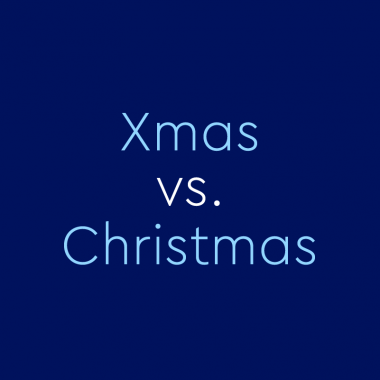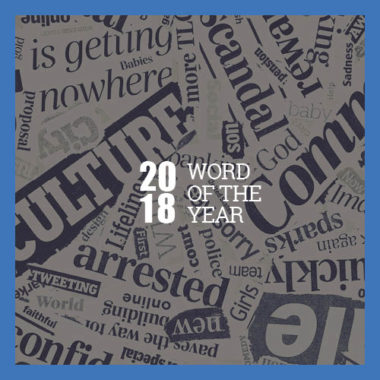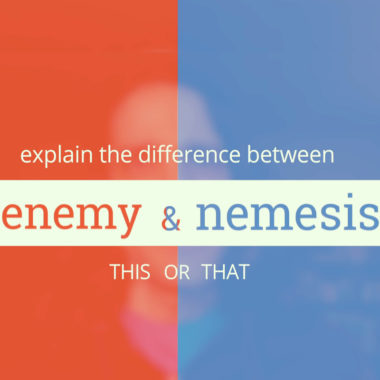Before X Was X: The Dark Horse Story of the 24th Letter
With its long, ambiguous history and multiple phonemes, the letter X is quite a dark horse. It can mean Christ, like the X in Xmas, stand for a chromosome, and even show up in friendly and amorous correspondence (XOXO). But, how did X end up in the alphabet to begin with? The origin of X Since its inception, the letter X has struggled to establish …











